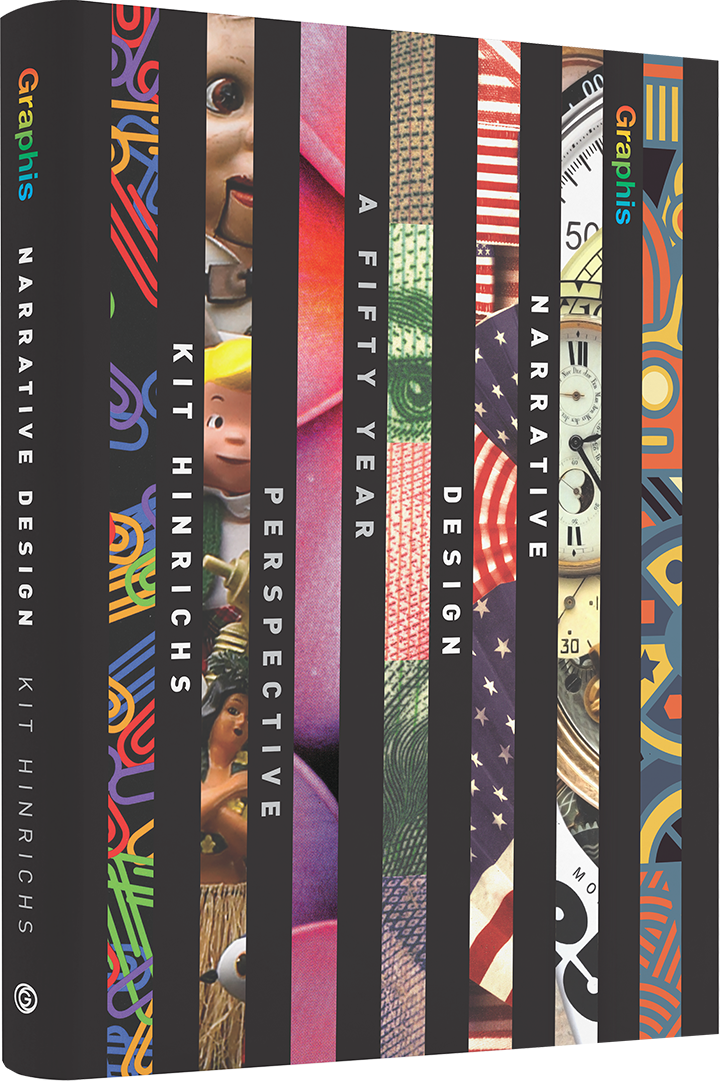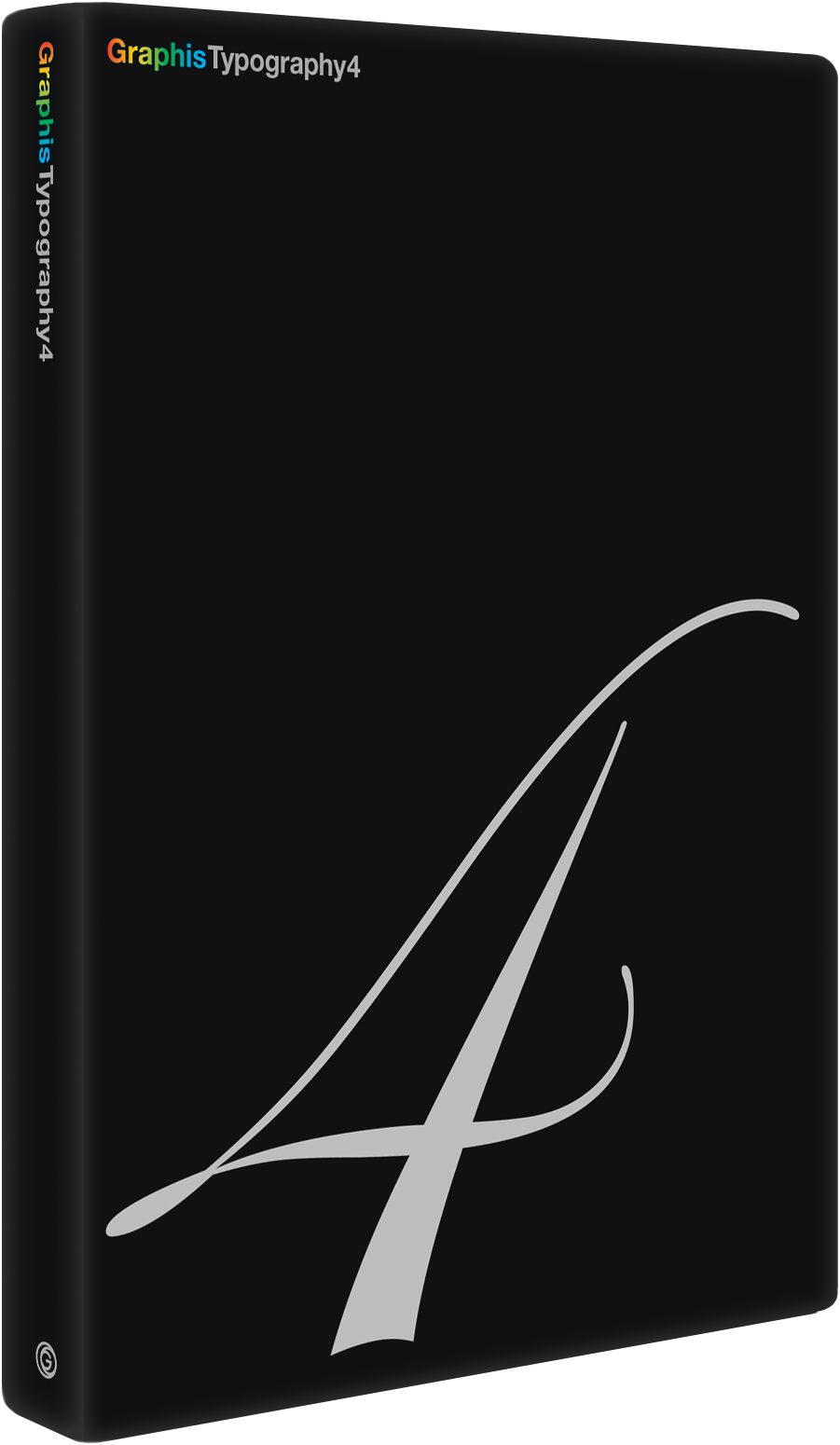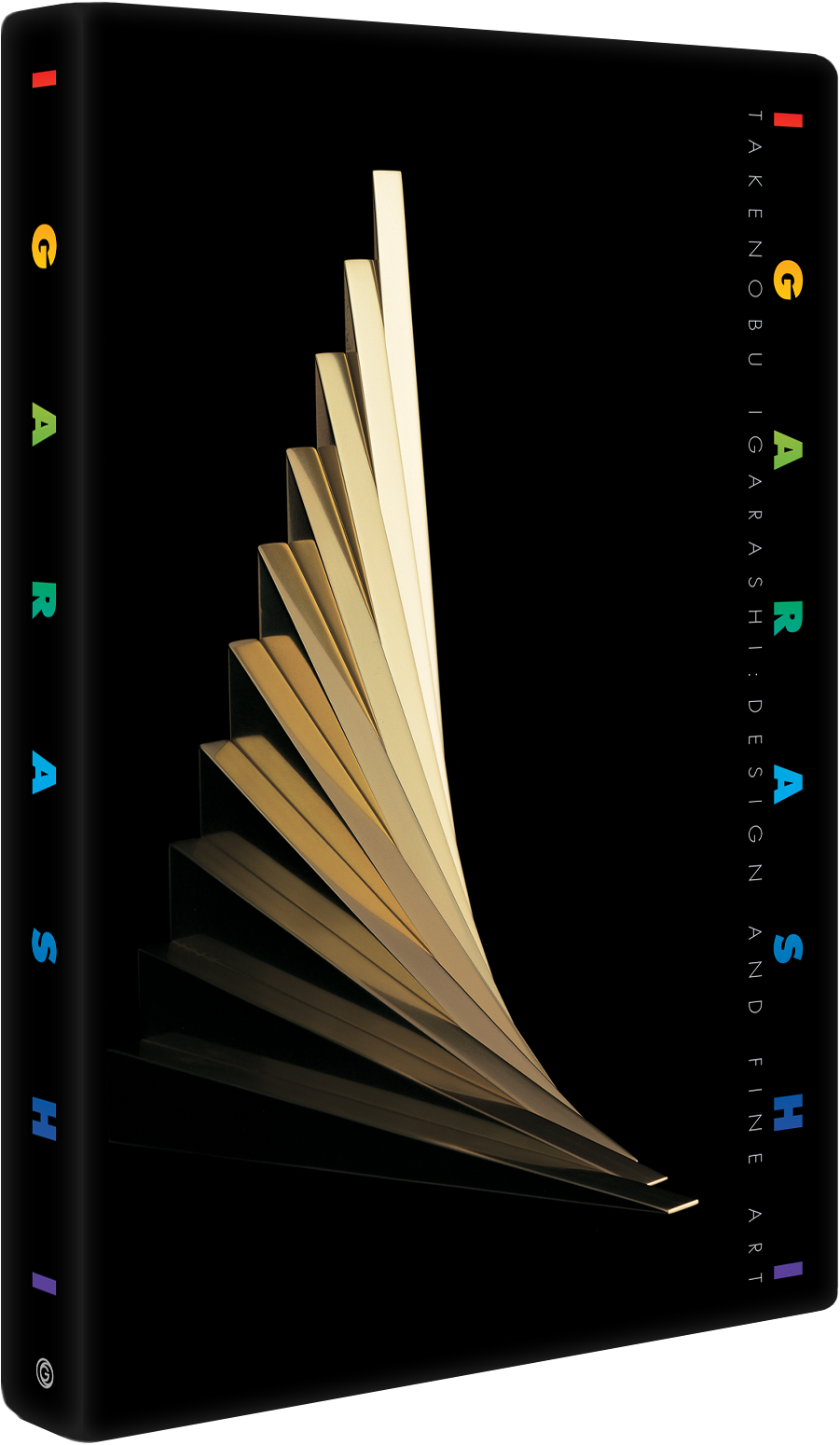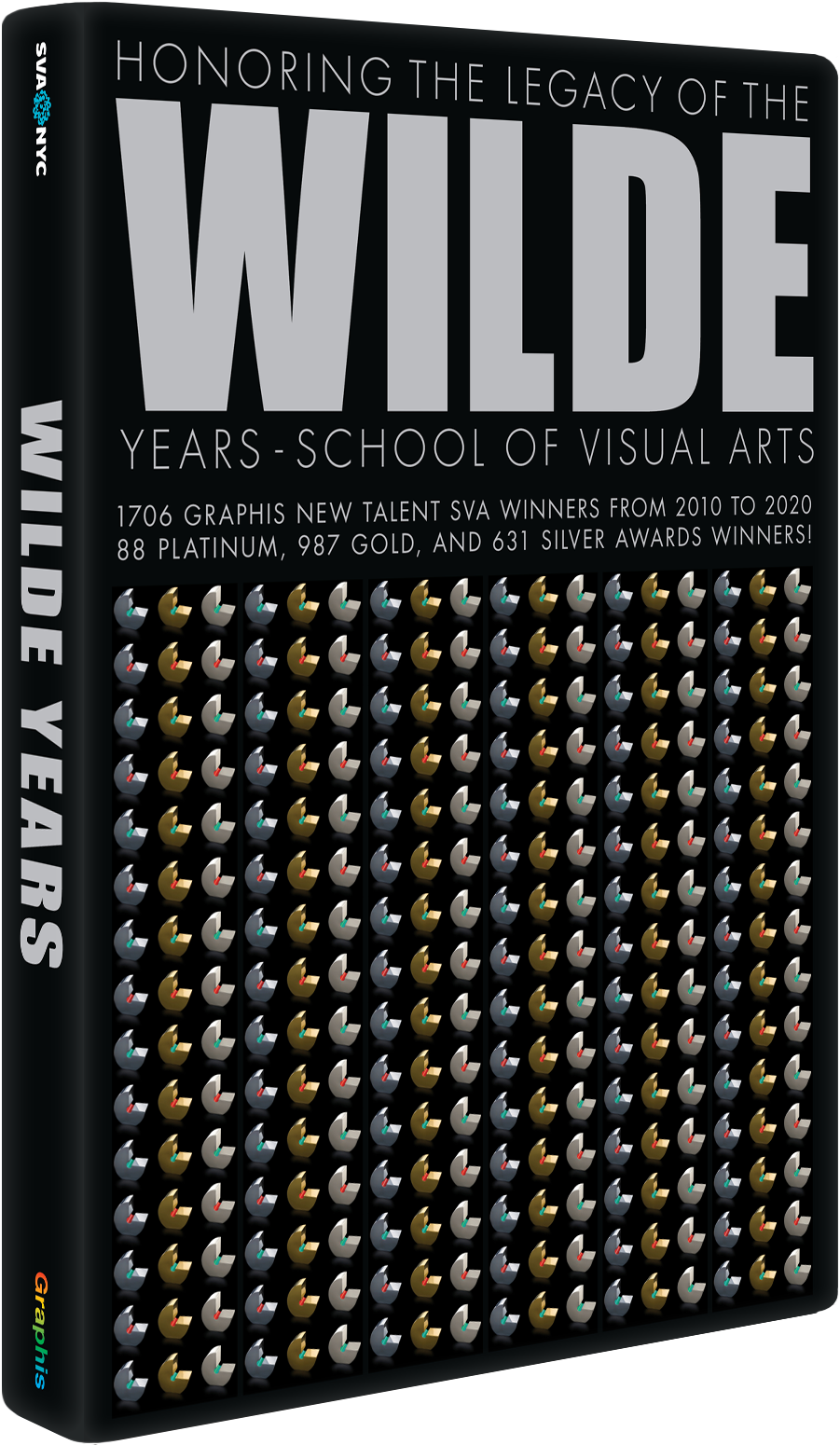Why? Body Talk for Kids - Comprehensive Sex Education Tools that Kids Want to Use
Competition:New Talent Annual 2022
Award:Honorable Mention
Design Firm:Thomas Jefferson University
Categories:Games, Design
ProfessorRenee Walker
SchoolThomas Jefferson University
StudentAlyssa Liegel
Country:United States











